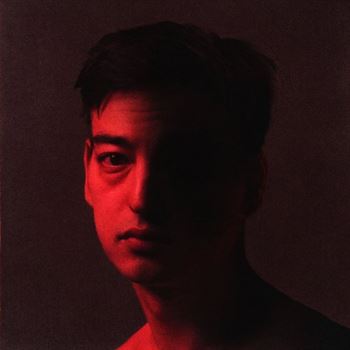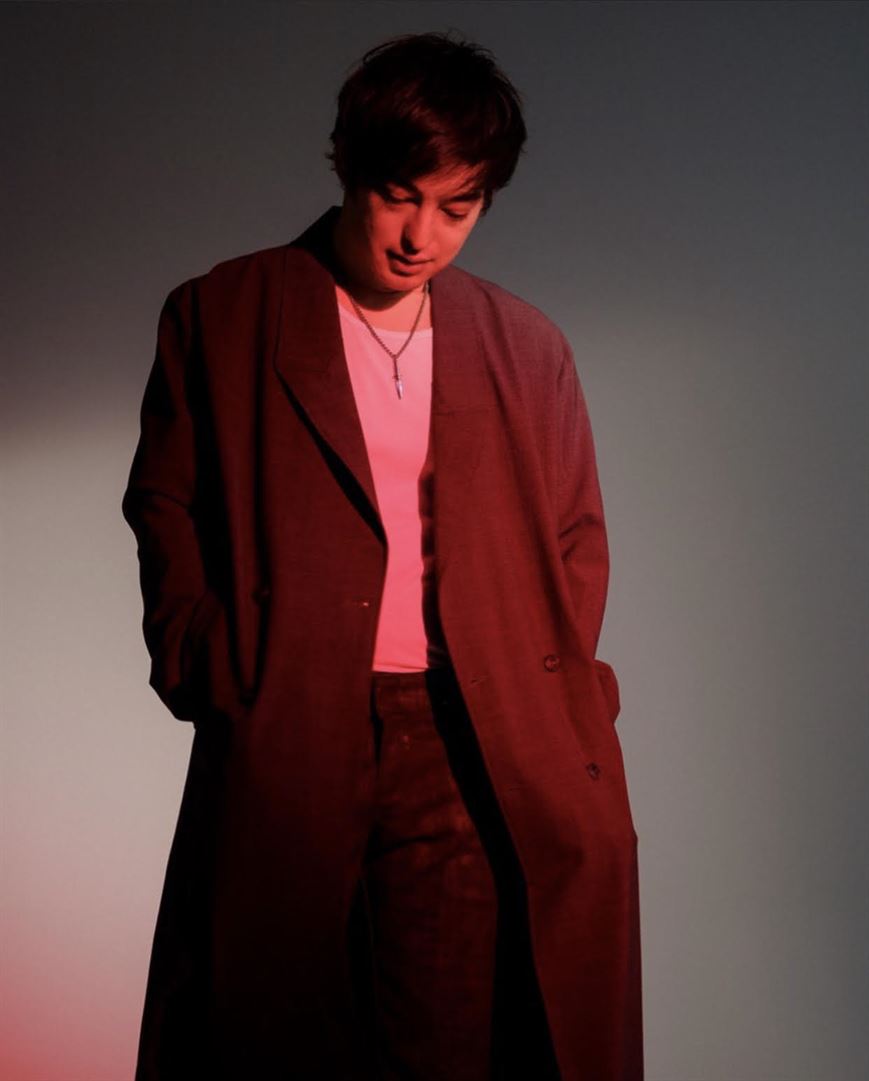Joji’s sophomore album, “Nectar,” which is more nuanced and an improvement over his previous project, finds the artist in his most emotionally gripping form to date.
Joji is an Australian-Japanese singer-songwriter who first rose to prominence on YouTube as Filthy Frank. Joji secretly released music during his YouTube career, showing a deeply emotional side that contrasted his online comedic persona.
The singer signed with record label 88rising in 2017 and released his EP “In Tongues” that same year. Joji then announced his retirement from YouTube and continued to release music, following up with his debut album “Ballads 1” in 2018.
While “Ballads 1” was a solid debut project, Joji takes it several notches higher with “Nectar,” solidifying himself as one of the most fascinating contemporary musicians.
The album begins with the track “Ew,” differing from a reflection of the track itself.
The song begins with a flowing piano melody and haunting vocals that recur throughout the song’s verses. In his lyrics, Joji longs for true love while pondering what true love actually is. The best part of the track is the chorus, when the string instruments and percussion kick in and Joji unleashes an angelic falsetto, culminating in a most soulful and memorable opening to an album.
“Ooh, teach me to love just to let me go / I can’t believe I’m not enough,” Joji yearns on the chorus.
“Modus” follows the similar soft piano and orchestral instrumentation pattern, but this time includes droning, melancholic rap verses that Joji is known to partake in from time to time. This time he raps about the pressures of the music industry and his fear of being “programmed” to becoming just another pop musician.
The next track, “Tick Tock,” showcases more of Joji’s rapping, but this time it has layered Joji’s singing vocals backed up by a more driving beat with guitar for a first taste of a different direction within the album.
“Daylight” is the first of a few tracks that are pop radio-oriented. Produced by Diplo, this track follows the trend of EDM producers collaborating with pop stars to create music that earns tons of radio station airtime, and I wouldn’t be surprised if that happens with this track. The chorus is infectious as Joji sings about a failed relationship, as the electronic, synthesized production provides an upbeat change of pace from the preceding tracks.
The track “Upgrade” serves as an interlude tying “Daylight” to the album’s other three singles that follow it. It starts off with a sporadic jazzy piano melody before being taken over by ukulele instrumentation. The track is reminiscent of Joji’s earlier work, especially the smooth, simple vocal harmonies in the outro.
The next three tracks on the album are the first three singles Joji released leading up to “Nectar,” and they each bring something different to the album.
“Gimme Love” starts off fast-paced as Joji sings a catchy chorus and verse about wanting love, but halfway through the track undergoes a major tempo change. The song slows down considerably and the speedy drumbeat is replaced with strings and a soft piano. The track ends dramatically with Joji providing some more layered vocal harmonies and ukulele plucking.
“Run” is a dark, brooding ballad backed by an arpeggiated guitar riff similar to “The House of the Rising Sun,” and Joji’s vocals are at their strongest here, belting out emotional motes and hitting falsettos that has served him well throughout the project thus far.
“Sanctuary” was the first single to be released from the album. While it may be the weakest of the pre-released singles, it definitely has its merits. While it falls flat lyrically, the track is a poppy, upbeat tune that provides some positivity to close out an overall dark first half of the album.
The second half of the album drops off a bit in quality due to the amount of featured artists and producers that Joji tries to fit in. Omar Apollo delivers an underwhelming verse on the track “High Hopes,” while Lil Yachty’s heavily auto-tuned rap verse on “Pretty Boy” is too off-putting for the simple tone of the track.
The best feature is on the track “Afterthought,” where New Zealand artist Benee’s gentle, sultry vocals steals the spotlight from Joji. The main artist still does well to hold his own on the chorus, singing about staying strong in a doomed relationship.
“We need you to shine bright / When life gets too complicated / Will you stand with me after dark?” Joji asks on the chorus.
“I don’t wanna forget about you,” Benee sings in response.
While the latter half of “Nectar” has its faults, it provides the best song on the entire album.
“Like You Do” is a slow piano ballad that encapsulates all of Joji’s best traits into one track. Melancholic lyrics about not wanting a romantic partner to leave are backed by echoing piano chords, while the pre-chorus strengthens the song with synthesizers and leads up to one of the most emotional choruses Joji has ever delivered, made complete by more layered vocal harmonies. Joji even finds the time to squeeze in another falsetto performance in the bridge before the final chorus.
With “Nectar,” Joji delivers his strongest studio project to date. It may not be perfect, but maybe that’s the point.
The album is full of odes to failing relationships and lost loves, and Joji reminds us that it’s okay to feel lost from time to time. We’re imperfect but not alone, and as long as he’s making music, Joji will be there providing ballad after ballad to help us through it all.




